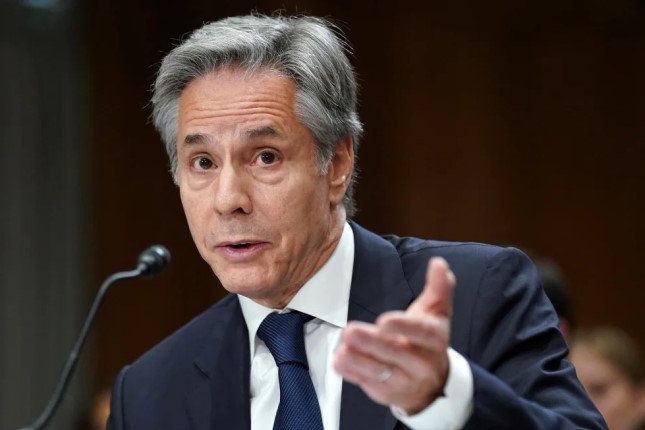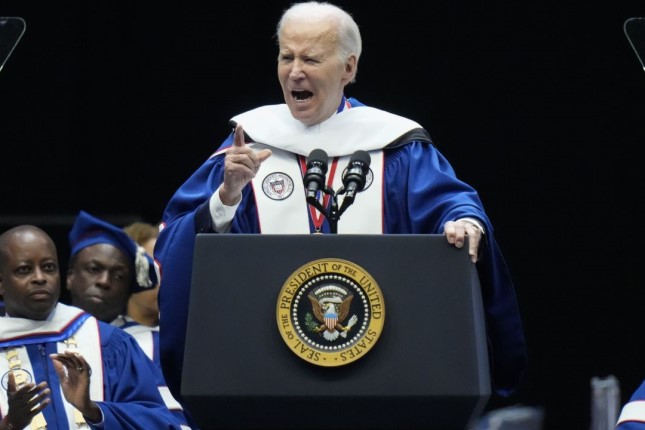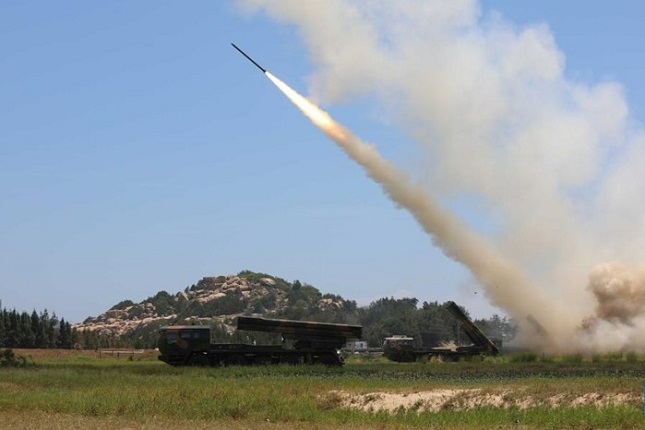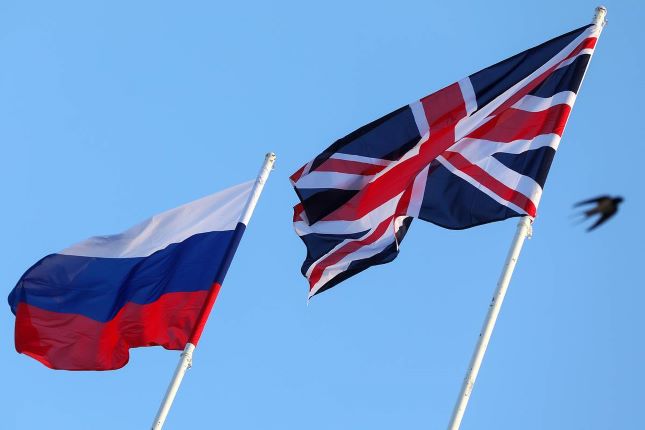A senior State Department official said Friday that the US was looking at building relationships with Southeast Asian nations to “push back” against China in the South China Sea.
Daniel Kritenbrink, the US assistant secretary for East Asian and Pacific affairs, made the comments when discussing Secretary of State Antony Blinken’s upcoming trip to Indonesia, where he will meet with foreign ministers from the Association of Southeast Asian Nations (ASEAN) from July 15-16.
“In our view, it’s not a matter of getting countries on board with the US view. It’s a matter of working with our ASEAN partners to advance our shared view and vision for the region, and to push back on behavior that runs counter to that vision and to those principles, including the many irresponsible acts that we’ve seen carried out by China over the last several years and in the last several weeks,” Kritenbrink said.
The South China Sea has become a potential flash point for a conflict between Washington and Beijing. The US has increased its military presence in the disputed waters and has pledged to intervene if Philippine vessels come under attack in the area. China, the Philippines, and several other ASEAN members have overlapping claims to the South China Sea.
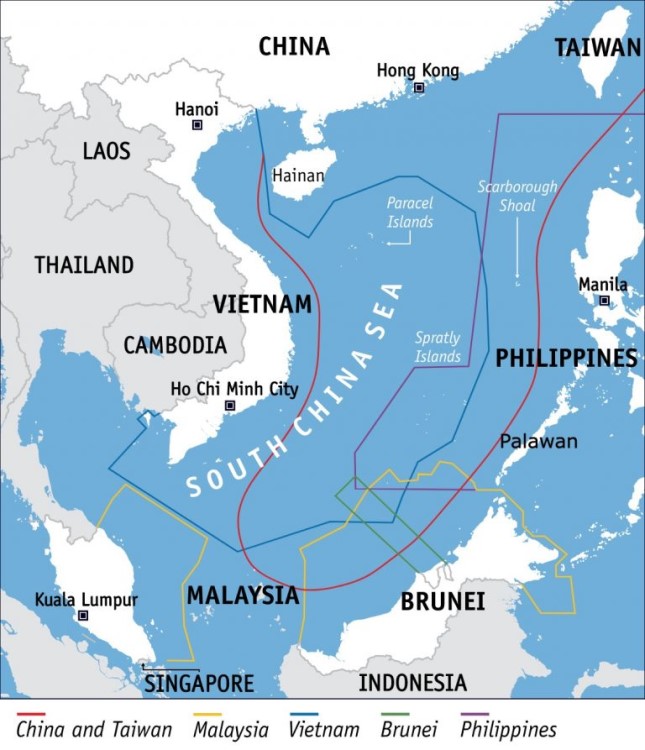
Overlapping claims in the South China Sea.
Secretary of Defense Lloyd Austin spoke with his Philippine counterpart last week and reaffirmed that the US-Philippine Mutual Defense Treaty “extends to Philippine public vessels, aircraft, and armed forces — to include those of its Coast Guard — in the Pacific, including anywhere in the South China Sea.”
While the US and the Philippines have recently taken steps to increase their military alliance, other ASEAN members are not eager to take the US’s side against China. The ASEAN has also struggled to coordinate a response to China’s claims and activity in the South China Sea since members have their own outstanding disputes.
Source: AntiWar.
























